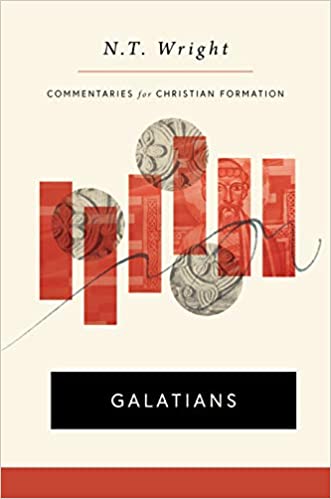Q. The Galatians, and the Greco-Roman persons in the Empire in general were part of an agonistic culture, or as we would call it, a competitive culture where people strove to establish their honor, and did it in a way that was over against other families and groups. I think John Barclay and you are both right that this sort of social milieu was brought into the churches in Galatia and Paul is combating it with appeals to unity and calling out behaviors that cause disunity. I wonder however if you had thought about how deliberative rhetorical analysis helps us bridge the theology and ethics divide we impose on Paul’s letters? In deliberative rhetoric, which is the rhetoric of advice and consent, the whole focus is on persuading an audience by a series of arguments which involve both theology and ethics as we call it, to change their beliefs and behavior in the near future. Deliberative rhetoric is the rhetoric of producing unity, and Margaret Mitchell’s classic study of 1 Corinthians has shown how this works and how it seeks to overcome factionalism. Usually, in such rhetoric, the most pointed ethical imperatives come towards the end of the discourse as the speaker seeks to head off disastrously bad behavioral choices. This is not about imposing a particular rhetorical structure on the letter. This is about recognizing how Paul uses the ancient means of persuasion to convince his audience in ways they would understand in a rhetoric-saturated culture. If we ask why suddenly all these clear imperatives near the end of the discourse, deliberative rhetorical analysis provides a ready answer. Does this make sense to you?
A. Well, up to a point, but I have normally found (to your sorrow no doubt) that attempts to understand Paul in terms of ancient rhetorical theory too often have to pull and push to make things fit. Certainly Paul will have been aware of techniques but I have seen too often (starting with H D Betz!) that such theories can become a Procrustean bed, leading to ignoring what Paul’s argument actually is. OK, I need to look at all this again, no doubt!













